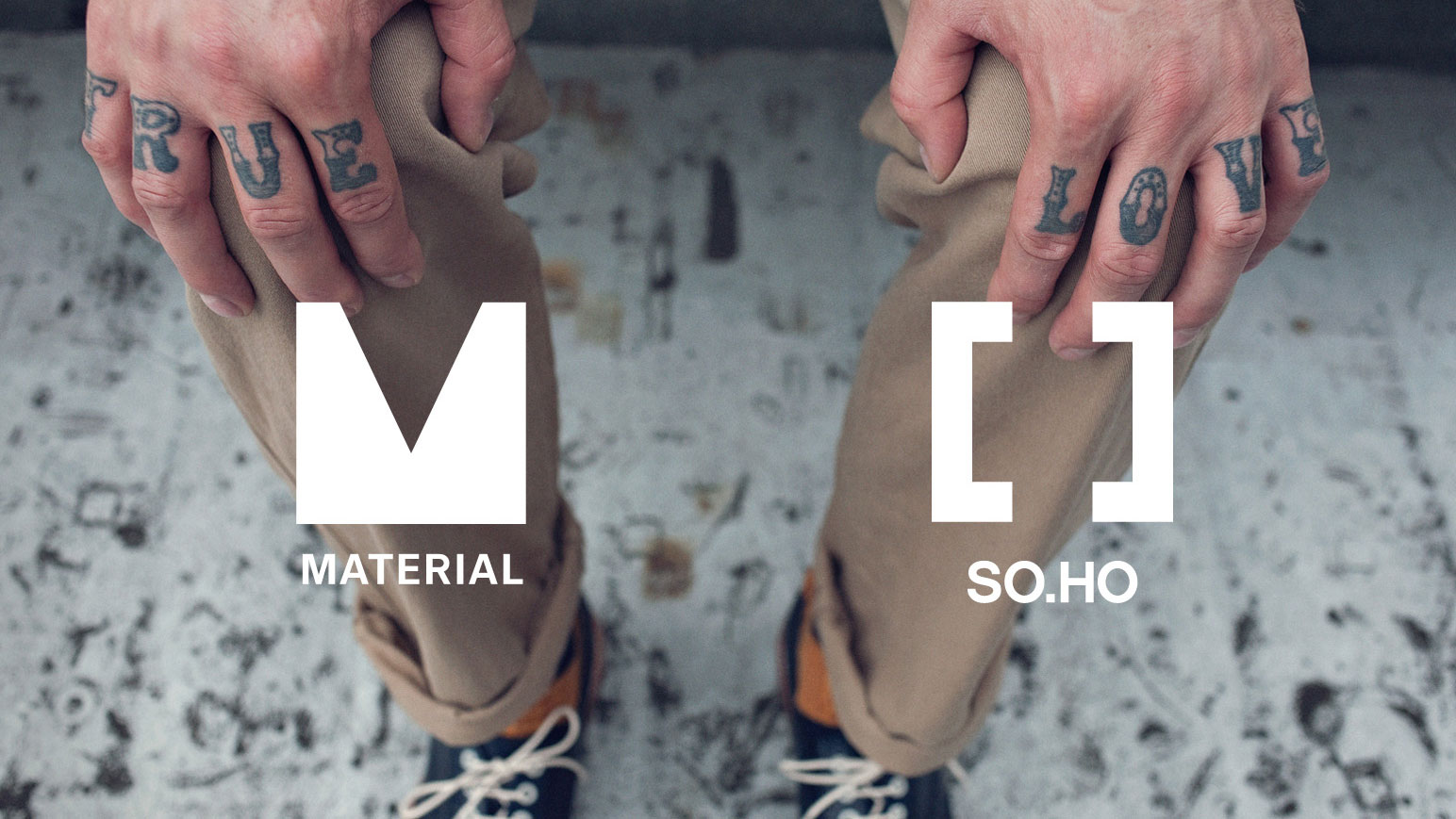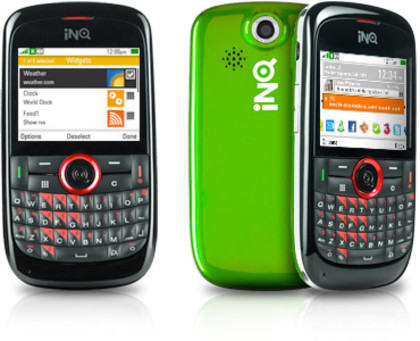How Samsung forced INQ out of handsets and into apps
From making phones to semantic discovery, INQ's trying to bounce back

You might not remember INQ, but you will be aware of its legacy. It's a company that began in 2008, only created a handful of phones, but brought the notion of tight integration of services to the masses.
The INQ1 was a stealth hit for the brand located next to the Thames in Battersea, winning awards for the handset that brought Facebook integration into the handset in 2009 when Android was barely out of the box.
Then came the INQ Chat 3G and Mini 3G, adding in Skype and Windows Messenger to the mix as well as direct links to eBay and the like. That might sound archaic now, but this was before smartphones had really taken off, and the cost of INQ products was squarely aimed at the low end.
At this point, the future looked bright for the firm, and it announced its first Android handset, the INQ Cloud Touch, in 2011, which was dubbed "the Spotify phone" by the media, as it had a key that gave direct access to the music streaming service as well as an innovative dedicated info key that flashed up the information the users wanted when pressed.
But that's when the wheels started to come off the hardware wagon. The INQ Cloud Q, which brought a keyboard into the Android mix for the firm, never appeared, and hints of future devices dried up.

There were rumours that the handset didn't have the retail scale to make it a roaring success (although INQ maintains it sold all the units made), but there was no doubt that only being primarily touted on on Three (likely because the parent brand of INQ, Hutchinson Whampoa, also owns the network) reduced the number of possible customers, although it was available though the likes of T-Mobile.
"We had a really different product with the INQ Cloud Touch, and that's how we got off the ground," CEO and co-founder Ken Johnstone told TechRadar. "It was quite cheap, but then Samsung would be able to come in at half the cost down to the sheer economy of scale that it has."
Get daily insight, inspiration and deals in your inbox
Sign up for breaking news, reviews, opinion, top tech deals, and more.
In a world now dominated by identikit handsets from Apple, Samsung and BlackBerry (well, the first two), the chunky, plastic, low-cost handsets with a focus on social networking and music seemed to make sense. They gave consumers easy access to the things they used, and for not much money.
The software shop
But with the low sales, INQ made the decision to exit the smartphone business and has instead set up shop as an app developer.
"When we were working on smartphones, it was always fundamentally software that we were doing," admitted Johnstone. "The hardware was outsourced; we did the design in-house but all the detailed hardware, PCB layouts, mechanical engineering, manufacture was by another firm.
"Our core competency was the software that we were working on. So when we pivoted the business it felt like a no-brainer, as we'd created all this value with our software. Plus we could see that the behemoth of Samsung was coming, and we didn't have the economy of scale to compete.
"So now [working on apps] it's a much more front foot feeling, as we're masters of our own destiny. When you're in the hardware business you can launch the best product in the world, but we only had the ability to do a couple of handsets a year and we knew we would be stuck with those for a year and a half, and that didn't feel comfortable."
Discover me, socially
So now the focus is on social discovery. In previous interviews, Johnstone has evangelised about the "social DNA" that runs through INQ thanks to its efforts in the phone space, and there's no doubt that's true.

Gareth has been part of the consumer technology world in a career spanning three decades. He started life as a staff writer on the fledgling TechRadar, and has grew with the site (primarily as phones, tablets and wearables editor) until becoming Global Editor in Chief in 2018. Gareth has written over 4,000 articles for TechRadar, has contributed expert insight to a number of other publications, chaired panels on zeitgeist technologies, presented at the Gadget Show Live as well as representing the brand on TV and radio for multiple channels including Sky, BBC, ITV and Al-Jazeera. Passionate about fitness, he can bore anyone rigid about stress management, sleep tracking, heart rate variance as well as bemoaning something about the latest iPhone, Galaxy or OLED TV.